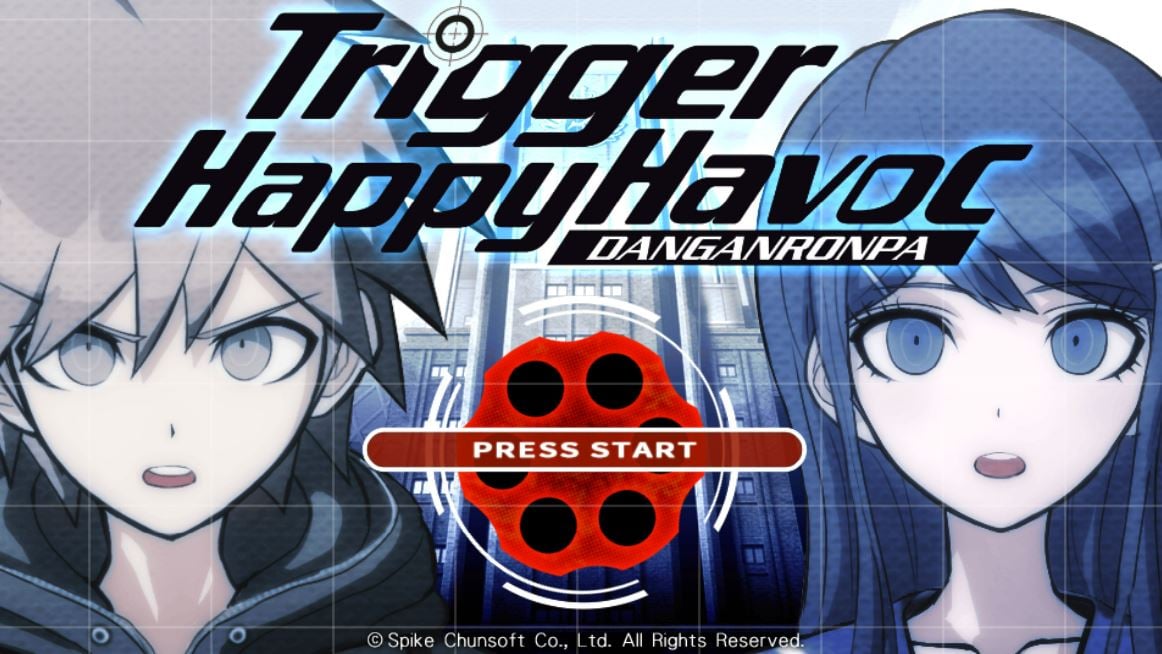Thick Thighs Save Lives
NeoGAF's Physical Games Advocate Extraordinaire

Seven years after its founding, Kazutaka Kodaka’s game company Too Kyoo Games announced its first in-house IP, titled The Hundred Line: Last Defense Academy. Slated for an early 2025 release, the game is Kodaka’s long-awaited passion project, which has gone through many rough patches during its development. With the big reveal behind him, Kodaka recently commented on why he stopped working for Spike Chunsoft and decided to establish his own company.
Kazutaka Kodaka left Spike Chunsoft, under which he developed the Danganronpa series, back in 2017 and went on to establish Too Kyoo Games with six fellow developers, including Kotaro Uchikoshi of Zero Escape fame and Rui Komatsuzaki, the artist who created Danganronpa’s iconic visual style.
The Too Kyoo Games team has previously clarified that their departure from Spike Chunsoft was not on bad terms, and the companies have continued collaborating closely ever since. But in a recent interview with Real Sound, Kodaka gives some more personal insights on what led to his decision. “First of all, I did not quit Spike Chunsoft out of dislike for the company. We have been working together on Raincode ever since I left. The main reason was that I wanted to work on a variety of different projects at the same time, including not only video games but manga and anime as well,” Kodaka explains.
While wanting the freedom to expand to other creative endeavors is a reason one would expect, Kodaka cites a rather unusual idea that went into Too Kyoo Games’ founding – “Rather than forming a huge development team, I wanted to bring together a small group of people with the easy-going idea that we could all continue earning a living as freelancers even if the company were to go bankrupt.” It seems the team wanted more freedom to take the risks that a typical big company would avoid. This checks out with the fact that Too Kyoo Games has gone into debt in order to develop The Hundred Line: Last Defense Academy, risking its existence on the game’s success.

In addition, Kodaka explains that he wanted the freedom to do as much overtime work as he wanted – Japan’s labor law reforms meant that as an employee, he would only be able to work on his projects for a limited number of hours, but by becoming an executive of his own company, this limitation was lifted. “Myself, Masashi Takada (music), Kotaro Uchikoshi (scenario), and Komatsuzaki (character design) are company directors, so we can work as much as we want,” he comments through laughter.
While Kodaka admits that they are facing certain difficulties, he feels that the team is well-suited for this intense working style.

Danganronpa creator left Spike Chunsoft so that he could do unlimited overtime work and take on risks without fearing bankruptcy - AUTOMATON WEST
Danganronpa's creator Kazutaka Kodaka revealed interesting ideas behind the founding of his new company Too Kyoo Games.
 automaton-media.com
automaton-media.com

